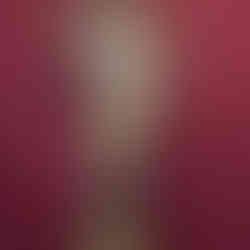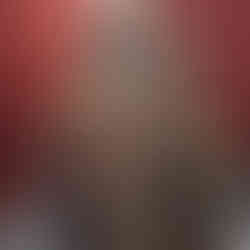Located in a sixteenth-century palace, once residence of the bishops of Funchal, the Sacred Art Museum is one of the oldest and best preserved museums in Funchal.

The Museu de Arte Sacra do Funchal is installed in the old Episcopal Palace, founded in 1594 by D. Luís Figueiredo de Lemos. It consists of collections of paintings, sculpture, jewelery and vestments, chronologically dated to the period between the fifteenth and nineteenth centuries.

From the museum's collections, two main groups stand out, that of Flemish Art, with painting, sculpture and jewelery, dated between the end of the 15th century and the first years of the 16th century; and Portuguese Art, from the period between the 15th and 18th centuries.
Flemish painting from the 15th and 16th centuries is distinguished not only by the great quality of the paintings but also by their large dimensions, which are not common in museums in Europe. It should also enhance the Flemish sculpture collection especially from Malines and Antwerp.
In the core of jewelery, which covers the 16th, 17th, 18th and 19th centuries, the processional cross of Água de Pena, dated from the 15th century, a tray and a chalice with a punch from Antwerp, from the 16th century, as well as the processional cross, offered by D. Manuel I to the Cathedral of Funchal.
-Part of the temporary exhibition
At the core of the vestments, most embroidered in gold and hue, the chasuble embroidered in gold on the gold llama of the Cathedral of Funchal stands out.
This museum space recently opened to the public a new architectural space - Balcony Lookout Tower, typical endowed structure of urban palaces Madeira century. XVIII, initially intended the observation of vessels entering and leaving the bay of Funchal. Inspired by this typology, the Sacred Art Museum Funchal building tower was essentially a devoted space for rest and contemplation of the landscape, the bishops who lived there by the end of the nineteenth century.: On the balcony can be observed a blue and white tile panel, typical of the period of production of workshops in Lisbon, the 2nd quarter of the century. XVIII, here appearing the allegorical representation of the Three "Theological" Virtues: Faith, Hope and Charity
The museum has educational services for different audiences, namely children, young people, the elderly or people with special needs.

Adress: Rua do Bispo, nº21 9000-073 Funchal
Working hours: Monday to Friday: 10 am - 5 pm and Saturdays: 10 am - 1 pm
Sundays and holidays: Closed



























Комментарии